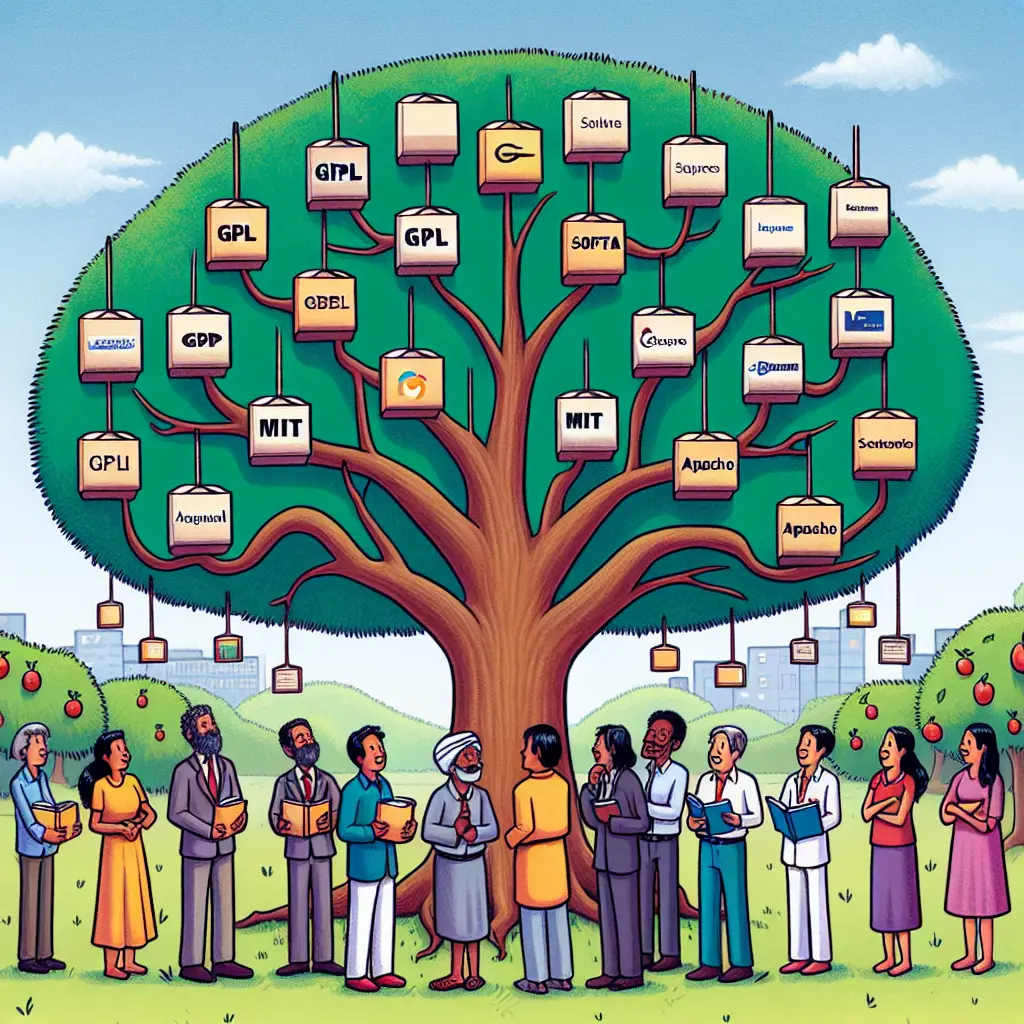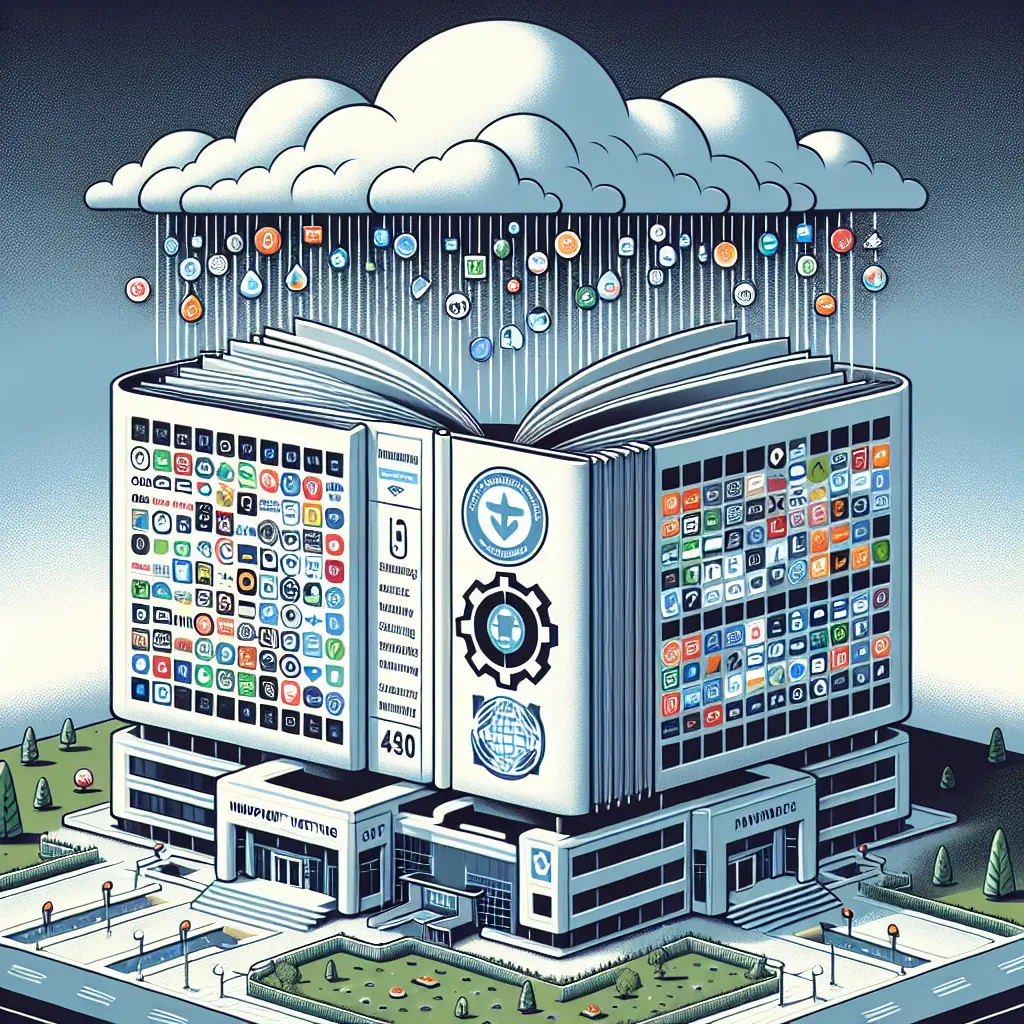In the rapidly evolving landscape of technology, community-driven development has emerged as a cornerstone of open source software evolution. This dynamic approach, fueled by open source community collaboration, is reshaping how software is conceived, created, and managed. Businesses and open source software developers alike are recognizing the immense potential that lies in open source project management, where community engagement plays a pivotal role. The benefits of community-driven development extend beyond cost savings; they encompass innovation, flexibility, and a collective intelligence that drives open source software trends forward.
Open source business models thrive on the strength of community contributions in software development. These collaborative efforts not only foster open source communities but also highlight the business value of open source projects. Successful open source project success stories abound, showcasing how community-led software projects can disrupt traditional development paradigms. Community-driven innovation is not just a trend—it's a transformative force that empowers individuals and organizations to contribute to and benefit from open source software community impact.
As we delve into the intricacies of open source software governance and open source contribution strategies, it becomes evident that fostering these communities requires more than just technical expertise. It demands a commitment to collaborative software development and an understanding of how to harness the collective power of community engagement in open source. Join us as we explore the remarkable journey of open source innovation, uncovering insights and strategies that have led to some of the most compelling advancements in the tech world today.
The Evolution of Community-Driven Development in Open Source Software
The trajectory of community-driven development in open source software is a compelling narrative of collaboration, innovation, and collective intelligence. In recent years, this paradigm has not only redefined software development but also influenced broader technological trends and business strategies. The fusion of community engagement and open source project management has emerged as a powerful catalyst for open source software evolution, where the synergy of diverse contributions drives both technological and business value.
A New Era of Open Source Community Collaboration
Open source community collaboration is the heartbeat of community-driven development. The decentralized nature of these communities fosters an environment where diverse perspectives and skills converge to tackle complex problems. This approach has been instrumental in propelling open source software trends forward, as evidenced by projects like the Linux kernel and Kubernetes, which have become foundational to modern computing infrastructure (Enabling Developer Productivity: Intentional Evolution of the Platform).
These communities thrive on open source contribution strategies that emphasize inclusivity and meritocracy. Contributors from various backgrounds bring unique insights, leading to innovations that might otherwise remain unexplored in traditional corporate settings. This democratization of software development allows for rapid iteration and improvement, a hallmark of successful open source projects.
Business and Open Source Software: A Symbiotic Relationship
The business value of open source is becoming increasingly apparent as companies recognize the competitive advantage offered by open source business models. By leveraging community contributions in software development, businesses can tap into a vast pool of talent and innovation without incurring prohibitive costs. This model not only reduces development expenses but also enhances the quality and security of the software through continuous peer review and testing (ChatGPT: Everything you need to know about the AI chatbot).
Moreover, community-driven innovation is reshaping traditional development paradigms. For instance, the rise of real-time data streaming platforms like Confluent underscores how open source frameworks can accelerate AI innovation by integrating seamlessly with cloud services (Confluent’s real-time data engine accelerates AI innovation via Google Cloud Marketplace). This integration exemplifies how businesses can enhance operational agility and AI readiness through open source solutions.
The Role of Open Source Software Governance
Effective open source software governance is crucial in harnessing the full potential of community contributions. Governance frameworks ensure that projects maintain their focus, quality, and alignment with community goals. These frameworks also play a pivotal role in fostering open source communities by establishing clear guidelines for contribution, decision-making, and conflict resolution (Determinants of viral haemorrhagic fever risk in Africa’s tropical moist forests).
Community-Led Software Projects: Success Stories and Strategies
Community-led software projects are at the forefront of open source innovation, exemplifying the transformative power of collaborative software development. One notable success story is the Apache Kafka project, which revolutionized data streaming and processing across industries. This project's success can be attributed to its vibrant community, which continuously contributes to its development and expansion.
To replicate such success, organizations can adopt open source contribution strategies that prioritize mentorship, documentation, and recognition of contributors. Encouraging a culture of knowledge sharing not only enhances individual skills but also strengthens the collective intelligence of the community (A scoping review of interventions on middle school students’ attitudes towards science).
The Future of Community-Driven Development
As we move further into 2024, the evolution of community-driven development continues to be shaped by emerging technologies such as AI and machine learning. These technologies are being integrated into open source platforms to create smarter, more adaptive systems that can anticipate and respond to user needs dynamically (RAG, AI Agents, and Agentic RAG: An In-Depth Review and Comparative Analysis).
In conclusion, community-driven development is more than just a trend; it is a fundamental shift in how software is conceived, developed, and deployed. By embracing this approach, businesses and developers can unlock unprecedented levels of innovation and collaboration, driving the next wave of open source software evolution.
Decentralized Collaboration: The diverse and decentralized nature of open source communities fosters an environment ripe for innovation, enabling rapid problem-solving and iteration.
Symbiotic Business Relationships: Companies leveraging open source models gain access to vast talent pools and reduce costs while enhancing software quality and security.
Effective Governance: Structured governance models, such as those by the Apache Software Foundation, ensure project focus and community alignment, maintaining transparency and accountability.
Success Strategies: Projects like Apache Kafka showcase the success of community-led initiatives, emphasizing mentorship, documentation, and contributor recognition.
Future Integration: Emerging technologies like AI and machine learning are being integrated into open source platforms, heralding a new era of adaptive and responsive systems.
As we continue to navigate this evolving landscape, community-driven development stands as more than a trend—it's a paradigm shift with lasting impact on technology and business models. Embracing this approach offers unprecedented opportunities for innovation and collaboration. We invite you to share your thoughts or experiences with community-driven projects in the comments below. Together, let's explore the future of open source software.
Stay curious and keep innovating!
Warm regards,
[Your Blog Name] Team










Leave a Comment